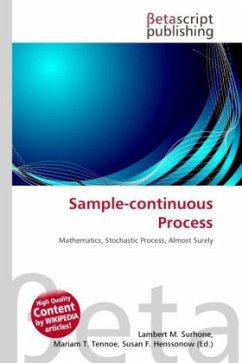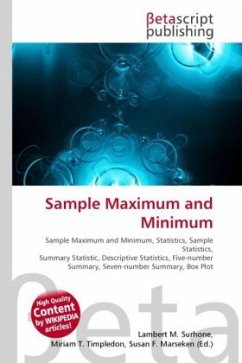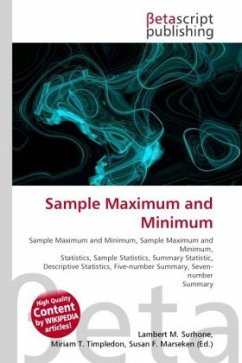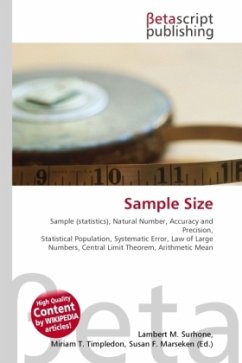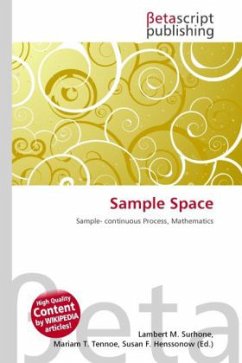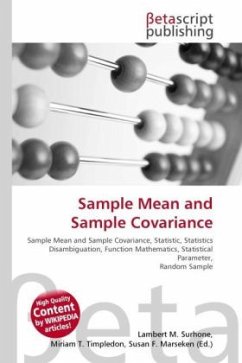High Quality Content by WIKIPEDIA articles! In mathematics, a sample-continuous process is a stochastic process whose sample paths are almost surely continuous functions. Let ( , , P) be a probability space. Let X : I × S be a stochastic process, where the index set I and state space S are both topological spaces. Then the process X is called sample-continuous (or almost surely continuous, or simply continuous) if the map X( ) : I S is continuous as a function of topological spaces for P-almost all in . In many examples, the index set I is an interval of time, and the state space S is the real line or n-dimensional Euclidean space Rn. In probability theory, a stochastic process, or sometimes random process, is the counterpart to a deterministic process (or deterministic system). Instead of dealing with only one possible reality of how the process might evolve under time (as is the case, for example, for solutions of an ordinary differential equation), in a stochastic or random process there is some indeterminacy in its future evolution described by probability distributions.
Bitte wählen Sie Ihr Anliegen aus.
Rechnungen
Retourenschein anfordern
Bestellstatus
Storno

